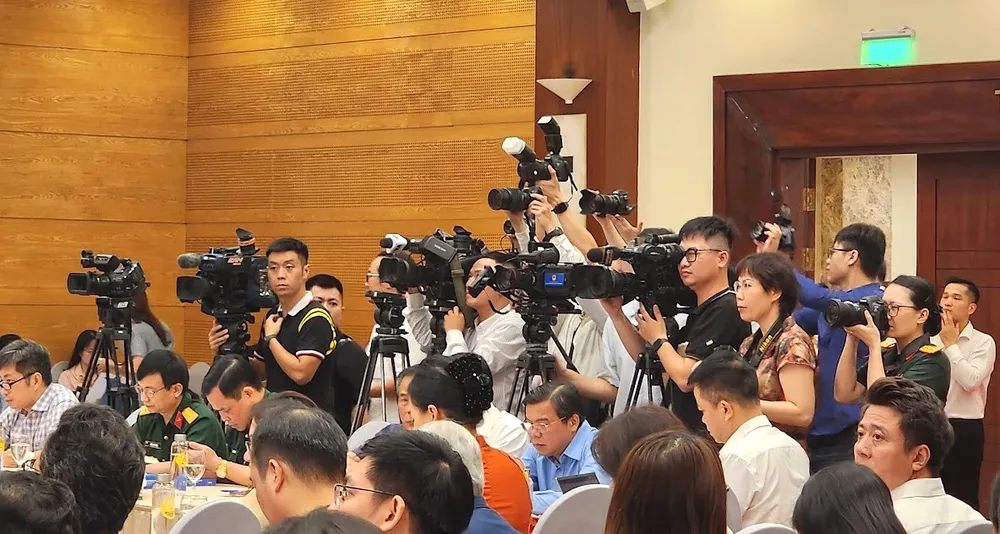
Get rid of the "ask - give" mindset
“There should not and cannot be a rigid regulation on the budget ratio for policy communication. Press orders should not be transformed into a mechanism of asking and giving, but must be based on the effectiveness of disseminating policy information,” Chairman of the Vietnam Journalists Association Le Quoc Minh emphasized at the discussion session on the press order mechanism.
According to Mr. Le Quoc Minh, revolutionary press always has the mission of communicating policies, even in conditions without a budget. However, when the press carries out propaganda tasks for ministries, branches, and localities, with human resources and production costs, it is completely reasonable to be paid. The perspective of ordering policy communication needs to come from the mindset of effective investment, not from giving or support.
Meanwhile, although there are no specific economic and technical standards, in reality, according to journalist Dao Van Tuan, Editor-in-Chief of Dong Nai Newspaper, Dong Nai province still assigns annual communication tasks, linked to specific output such as articles, videos... for payment. Dong Nai is also promoting the establishment of standards as a basis for ordering for press agencies both central and local.
Mr. Tran Xuan Toan, Deputy Editor-in-Chief of Tuoi Tre Newspaper, affirmed that even without orders, the press still carries out policy communication, this is not just an administrative task. However, when there is an official coordination mechanism, access to information is faster, more accurate and the use of resources is also more effective.
According to leaders of many press agencies, the responsibility for policy communication belongs not only to the press but also to state management agencies. Ordering should be linked to spreading effectiveness, not to imposing a fixed rate. “If the mainstream press weakens, businesses will be the first to suffer. Therefore, I call on businesses to spend at least 20%-30% of their advertising budget on domestic press. That is an investment in themselves and in the sustainable development of the country,” said Chairman of the Vietnam Journalists Association Le Quoc Minh.
Youth - the "key" to modern journalism
In the digital age, Gen Z (the generation born between 1996 and 2012) is not only the future consumer force but also the decisive readership for the press. Possessing superior technological capabilities, multi-platform information access habits, and high demands for authenticity and personality, Gen Z is creating pressure, but also opening up great opportunities for the media industry.
“It’s not that Gen Z doesn’t read newspapers, but they have a different and diverse way of “loading” news,” Tien Phong Newspaper Editor-in-Chief Phung Cong Suong emphasized. With more than 32% of the population, Gen Z is the largest demographic group today. They are closely connected to social networks, prioritizing short, entertaining, and emotional video content. However, according to Mr. Phung Cong Suong, it is important that “the press should not assume that Gen Z is indifferent”, but on the contrary, it must change its production mindset to adapt to the pace of technological life and their needs.
From an academic perspective, Dr. Ngo Bich Ngoc, Head of the Faculty of Communication and Journalism (Swinburne University Vietnam), believes that in order to retain Gen Z, in the context of digital platforms dominating information reception behavior, understanding Gen Z's content consumption behavior from TikTok to LinkedIn... is a prerequisite. Along with that, the editorial office needs to research "reader portraits" as a way for businesses to build target customers, emphasizing authenticity and personality.
Source: https://www.sggp.org.vn/tao-dong-luc-dua-bao-chi-phat-trien-trong-ky-nguyen-moi-post800437.html







![[Photo] Da Nang: Hundreds of people join hands to clean up a vital tourist route after storm No. 13](https://vphoto.vietnam.vn/thumb/1200x675/vietnam/resource/IMAGE/2025/11/07/1762491638903_image-3-1353-jpg.webp)
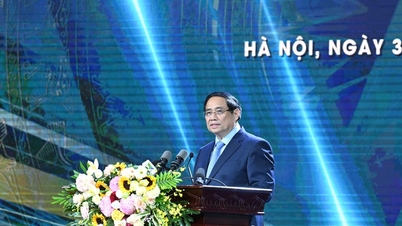

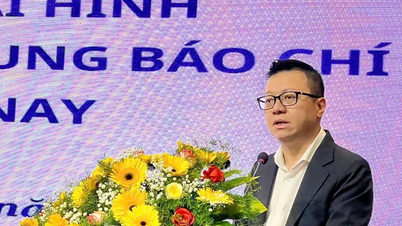


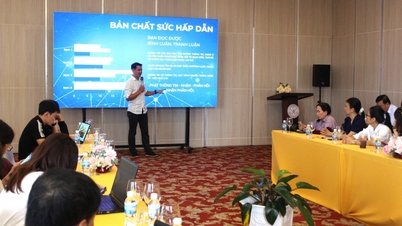



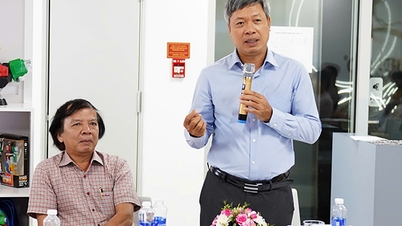

















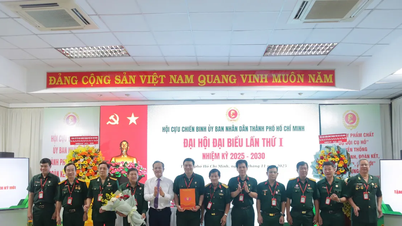



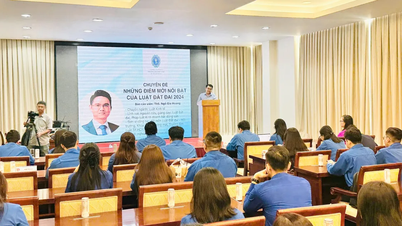





















































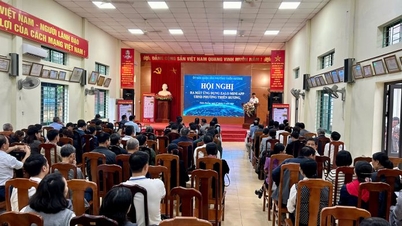




















Comment (0)